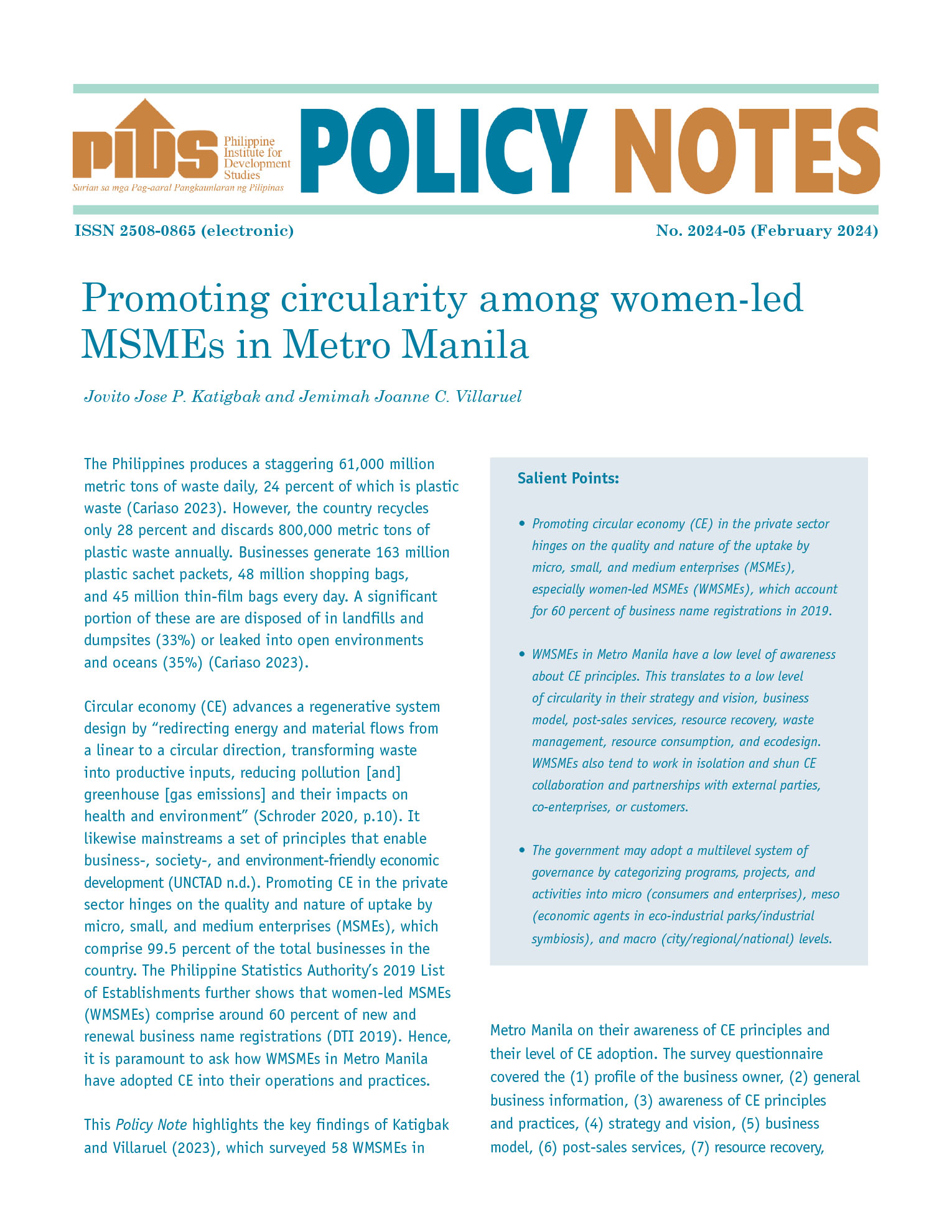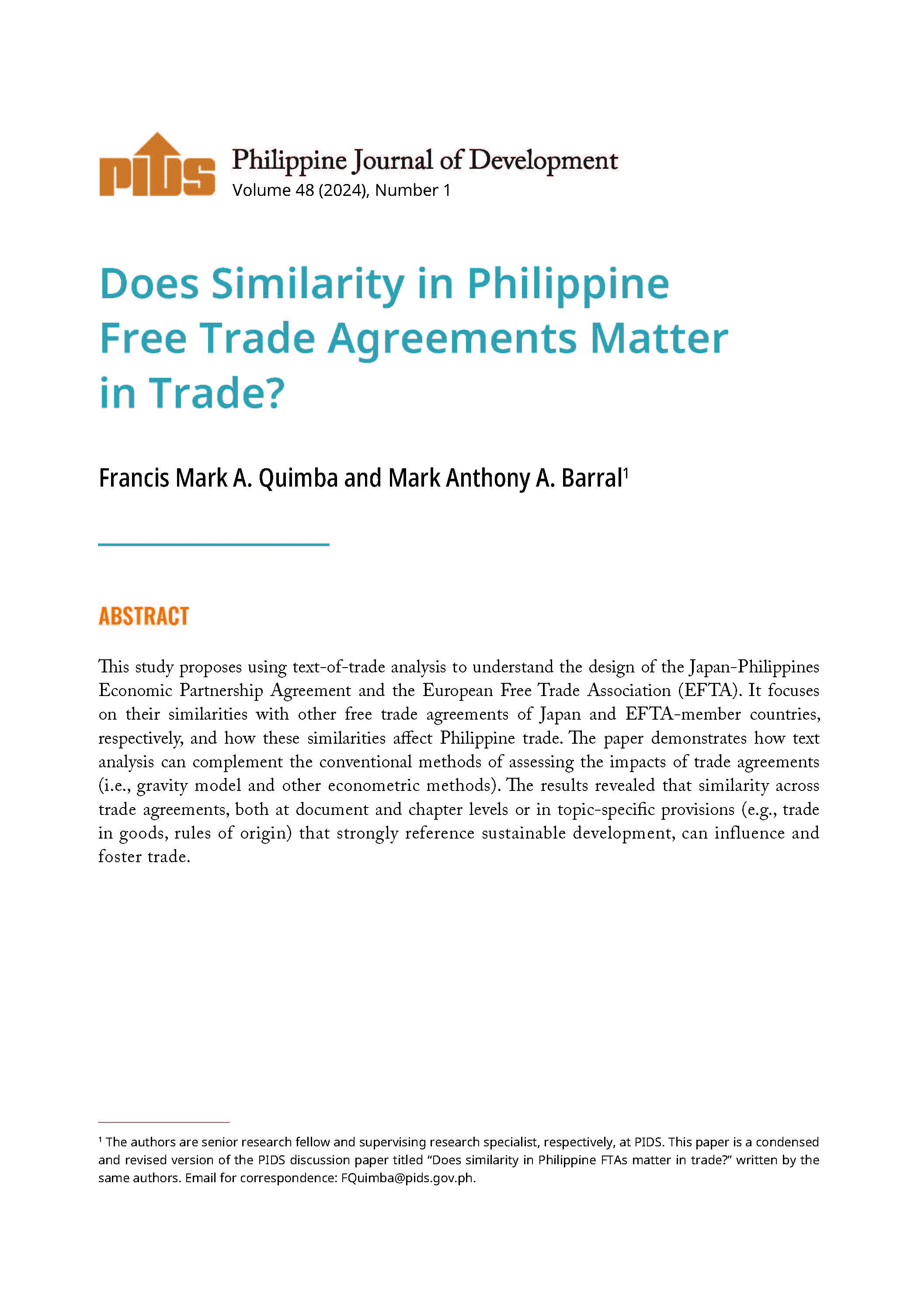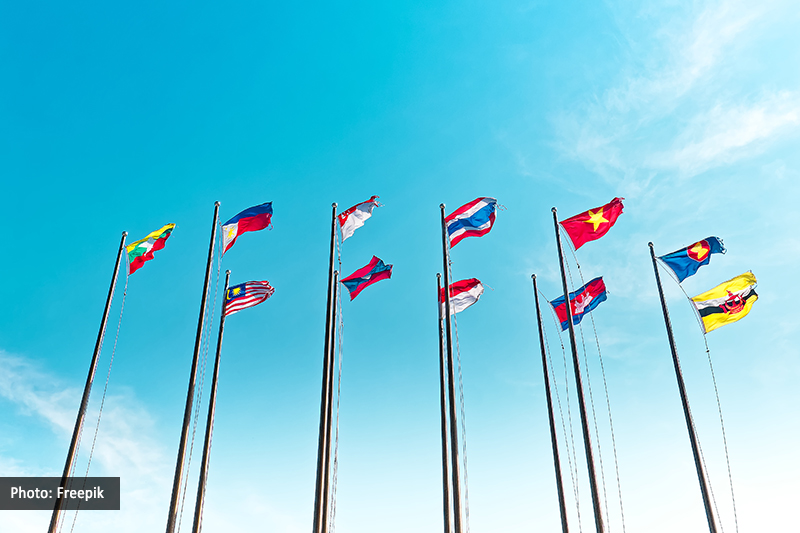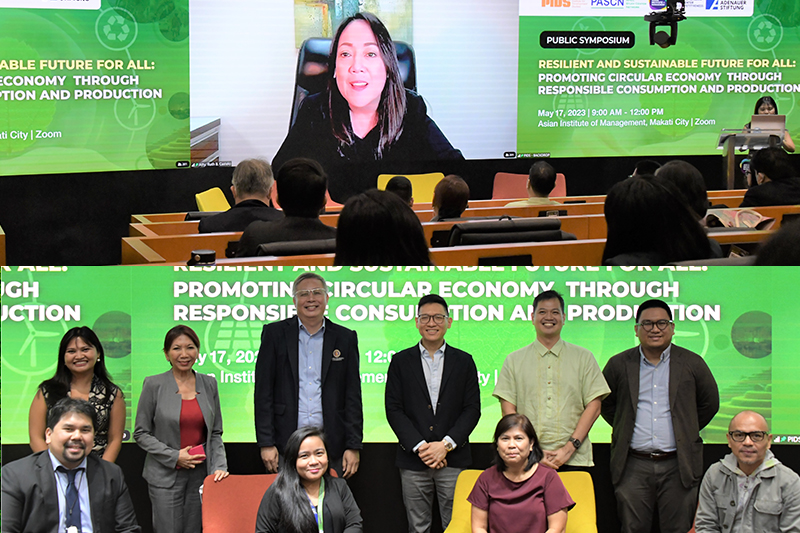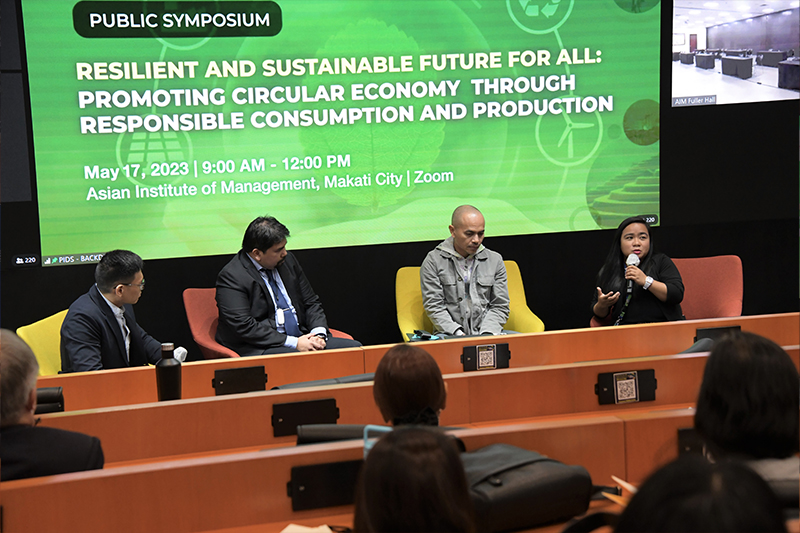Just recently, a company called Solar Para sa Bayan Corp. (SPSB) applied for a congressional franchise to construct, install and operate solar minigrid systems particularly in off-grid areas all over the country.
A solar minigrid is basically a small-scale electricity network fed by solar energy. The electricity generated is then supplied via batteries to clients who are connected to the minigrid network.
A World Bank report recently cited the work of Green Village Electricity Projects Ltd., a company that has been providing electricity access to remote and rural parts of Nigeria through solar minigrids. The report noted that the success of GVE’s minigrid projects is powering Nigeria’s progress toward universal energy access by 2030 and to support this goal, the country is taking steps to ensure it provides comprehensive regulations and an enabling environment for minigrid developers.
Meanwhile, a report from the UN Industrial Development Organization (UNIDO) pointed out that as many as 1.1 billion people still lack access to electricity, the need for minigrid development in rural areas is considered the most cost-effective option in achieving universal access to electricity by 2030.
According to a report from the Philippine Institute for Development Studies, the Philippines has a total electrification rate of 83 percent, but rural electrification is only at 73 percent. About 16 million of the population is without electricity, the report revealed.
Meanwhile, a study by the International Renewable Energy Arena (IRENA) revealed that around 2.36 million households in the Philippines are still without electricity as of July 2016.
Energy Secretary Alfonso Cusi recently welcomed the franchise application of SPSB to hasten and help achieve the government’s goal of 100 percent electrification and affordable, reliable electricity for all Filipinos by 2022.
Cusi said SPSB’s move is a positive disruptive development, as he stressed that while there are efficient electric cooperatives, Filipinos must not be allowed to suffer because of inefficient cooperatives.
SPSB announced last month that it is bringing 24/7 power to 12 towns in provinces including Mindoro, Palawan, Masbate, Cagayan and Aurora, to benefit 200,000 Filipinos, at zero cost to government.
In Dingalan, Aurora, evacuation centers were powered by SPSB’s minigrid system, ensuring the town center was energized even at the height of the storm and helping the town achieve zero casualties.
In Calayan, Cagayan, SPSB has established a minigrid to bring 24/7 power for the first time in the town’s history, just like in Claveria, Masbate.
More than 20 towns across the country have adopted resolutions endorsing the application of SPSB for a non-exclusive franchise to provide cheap, clean and reliable electricity service.
Why non-exclusive? Because the 1987 Constitution itself provides that no franchise, certificate or authorization for the operation of a public utility shall be exclusive in character or for period longer than 50 years. Existing franchise holders also cannot claim to have a vested right since the Constitution also states that franchises or rights to operate public utilities can be granted only under the condition that they shall be subject to amendment, alteration, or repeal by congress when the common good so requires.
House Bill 8179, authored by Deputy Speaker Arthur Yap, Rep. Maria Carmen Zamora of Compostela Valley, along with Palawan Rep. Franz Alvarez and 33 other lawmakers, seeks to grant SPSB a non-exclusive right to build minigrid power system.
Following the approval of House Bill 8179 by the House committee on legislative franchises chaired by Alvarez, more than 70 lawmakers have joined the original authors in supporting the grant of the franchise to SPSB.
Its supporters insist that HB 8179 has all the safeguards in place to ensure that SPSB would not turn into a monopoly. Its franchise is explicitly non-exclusive, incurs zero cost to government, and mandates the company to charge the least cost and be subject to regulation.
100 Years of independence
This year, the Republic of Latvia celebrates a hundred years as an independent state. With festivities at home and all around the world, Latvia will present the best it can offer in culture, lifestyle and innovation.
Latvia consul general Robert Lim Joseph said centenary celebrations will take place from 2017 to 2021, marking centenaries of different stages of Latvia’s path to statehood.
The official celebrations started last May 4, 2017 with the Embrace Latvia initiative when people around the country planted 100 oaks along Latvia’s outer border, symbolically laying the foundation of strength for the next 100 years.
The culmination of the centenary celebrations will take place on Nov. 18, 2018, the date marking Latvia’s 100th anniversary. However, a diverse cultural, educational, diplomatic and multi-disciplinary events program will take place at home and abroad throughout all the five years.


